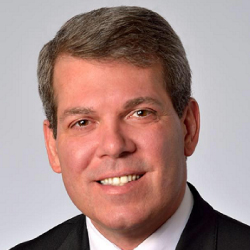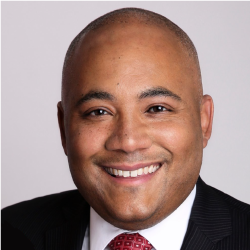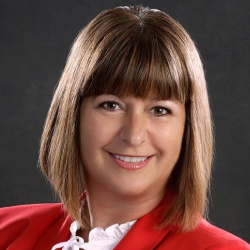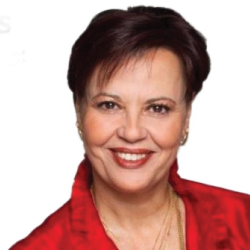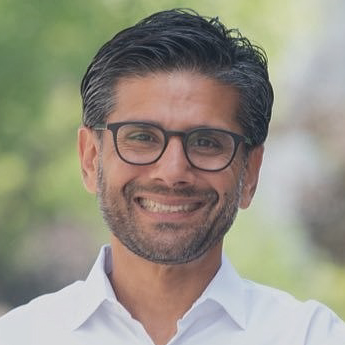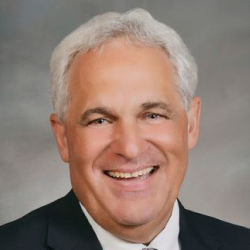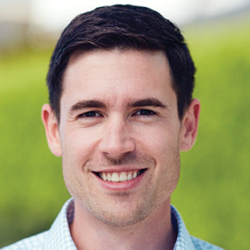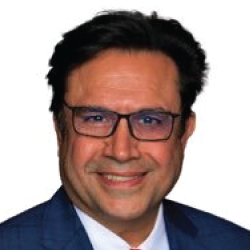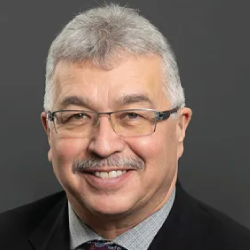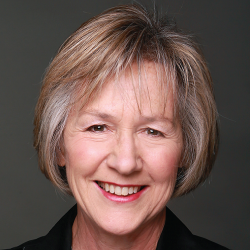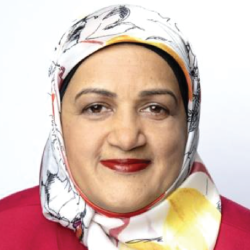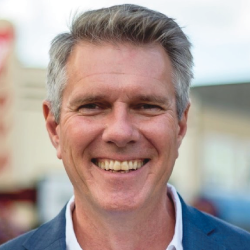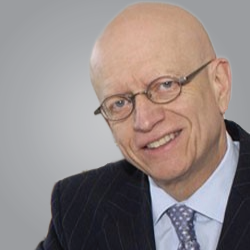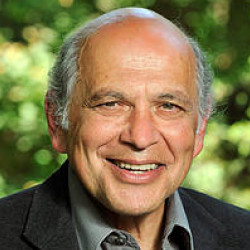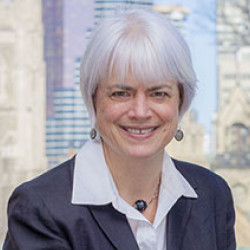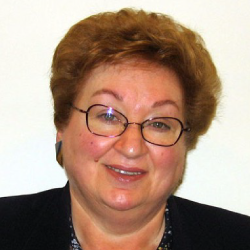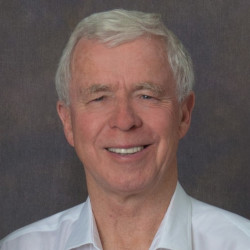A National Citizens’ Assembly on Electoral Reform:
Backed by evidence, powered by people
The quality of our democracy is facing unprecedented threats. Low voter turnout, mistrust in institutions, polarization, and hostile partisan politics are of deep concern to many. Making progress on electoral reform requires political leadership, but politicians alone won’t fix the system that elected them.
What is a Citizens’ Assembly?
A Citizen’s Assembly is a “mini-public” convened to study and give recommendations on a specific issue.
A National Citizens’ Assembly on Electoral Reform:
-
-
Is composed of citizens selected at random, like a jury
- Includes Canadians from all walks of life, with special care to ensure that participants reflect Canadian society, including by age, gender, ethnicity and region of Canada
- Engages citizens to learn from experts, thoughtfully consider an issue, and make a recommendation
- Is a non-partisan, independent, trusted process
-
Progress towards a National Citizens’ Assembly on Electoral Reform
Motion M-76
In February, 2023, Green Party MP Mike Morrice (Kitchener Centre) put forward a private members motion for a National Citizens’ Assembly on Electoral Reform (Motion M-76). A motion can have a maximum of 20 joint seconders and the motion quickly achieved that, with MPs from four parties seconding it.
Unfortunately, Mike Morrice’s motion would not have come to a vote in the House of Commons because his name was too far down the list in the “order of precedence” for private members business. The order is established by a random lottery draw at the beginning of each Parliament.
Liberal Party makes a Citizens’ Assembly on Electoral Reform their official party policy
In May, 2023, the federal Liberal Party passed a resolution at their convention making a Citizens’ Assembly on Electoral Reform the official policy of the Liberal Party of Canada for the next eight years.
Motion M-86
In June, 2023, building on the momentum and cross-partisan support, NDP MP Lisa Marie Barron (Nanaimo-Ladysmith) put forward a new motion for a National Citizens’ Assembly on Electoral Reform, Motion M-86. It also got 20 seconders, with MPs from four parties seconding it.
Motion M-86 was defeated in a vote on February 7, 2024, with 101 MPs voting yes, and 220 voting no.
All MPs from the NDP, Bloc and Green Party that were present voted for Motion M-86.
All three Independent MPs (Han Dong, Alain Rayes, and Kevin Vuong) voted yes.
The three Conservative MPs and 39 Liberal MPs who voted for it are listed individually below.
Liberal and Conservative MPs who voted yes to M-86
Liberal and Conservative MPs who supported a National Citizens’ Assembly on Electoral Reform in the past, but voted NO for Motion M-86, or were not present for the vote.
The Liberal MPs listed below did not vote for Motion M-86. They did express support for a National Citizens’ Assembly on Electoral Reform in the past by:
- seconding MP Mike Morrice’s motion for Citizens’ Assembly on Electoral Reform (M-76) in 2023. M-76 was a private members motion that was not going to come to a vote in the House.
AND/OR - supporting a resolution for a National Citizens’ Assembly on Electoral Reform that was officially adopted as Liberal Party policy at the party’s May 2023 national convention
NOTE: MPs who supported a Citizens’ Assembly on Electoral Reform in the past may have voted no to Motion M-86 for various reasons. Some had become Ministers. The Liberal Government’s position was to oppose Motion M-86 and the Cabinet all voted no. Some Liberal backbenchers who supported the idea in the past chose to vote with the party/government line, even though it was a “free” vote. These include Sameer Zuberi, John Aldag and Francis Drouin.
Terry Beech, Liberal Cabinet Minister, supported resolution at Liberal convention when he was not in Cabinet, but voted no to M-86
Rechie Valdez, Liberal Cabinet Minister, seconded Motion M-76 when she was not in Cabinet, but voted no to M-86
Mike Kelloway, Liberal MP, supported resolution at Liberal convention but was not present for vote on M-86
Jenna Sudds, Liberal Cabinet Minister, supported resolution at Liberal convention when she was not in Cabinet, but voted no to M-86
Notable NON-PARTISAN endorsers
of a National Citizens’ Assembly on Electoral Reform
Directeur exécutif d’Apathy is Boring, une organisation caritative non partisane qui soutient l’engagement des jeunes dans la démocratie canadienne.
Dave Meslin, electoral reform and ranked ballot activist, author of “Teardown: Rebuilding Democracy from the Ground Up”
Alex Himelfarb, Former Clerk of the Privy Council, Director Emeritus of the Glendon School of Public and International Affairs
Melissa S. Williams, Professor of Political Science, University of Toronto. Founding Director of University of Toronto’s Centre for Ethics.
Alex Neve, OC: Senior Fellow, University of Ottawa’s Graduate School of Public and International Affairs, former Secretary General, Amnesty International Canada
Sheryl Lightfoot, Vice Chair and North American Member on the United Nations Expert Mechanism on the Rights of Indigenous Peoples (EMRIP), Canada Research Chair of Global Indigenous Rights and Politics
Monique Deveaux, Professor and Canada Research Chair in Ethics & Global Social Change, University of Guelph
Steve Morgan, Director of the UBC Centre for Health Services and Policy Research (CHSPR). Research Lead for the National Citizens’ Reference Panel on Pharmacare
Shoni Field, Member of BC Citizens’ Assembly, Member of the Vancouver Independent Election Task Force.
Linda Silver Dranoff, Order of Canada, founding chair of the Feminist Legal Analysis Section of the Ontario Bar Association, writer, activist.
EKOS Poll: A strong majority of Canadians back a National Citizens’
Assembly on Electoral Reform
In December, 2022, EKOS found that 76% of Canadians,supported a Citizens Assembly on Electoral Reform. See the full poll results here. This was the third national poll since 2020 to produce the same results.
Support for a National Citizens’ Assembly on Electoral Reform by party voters:








